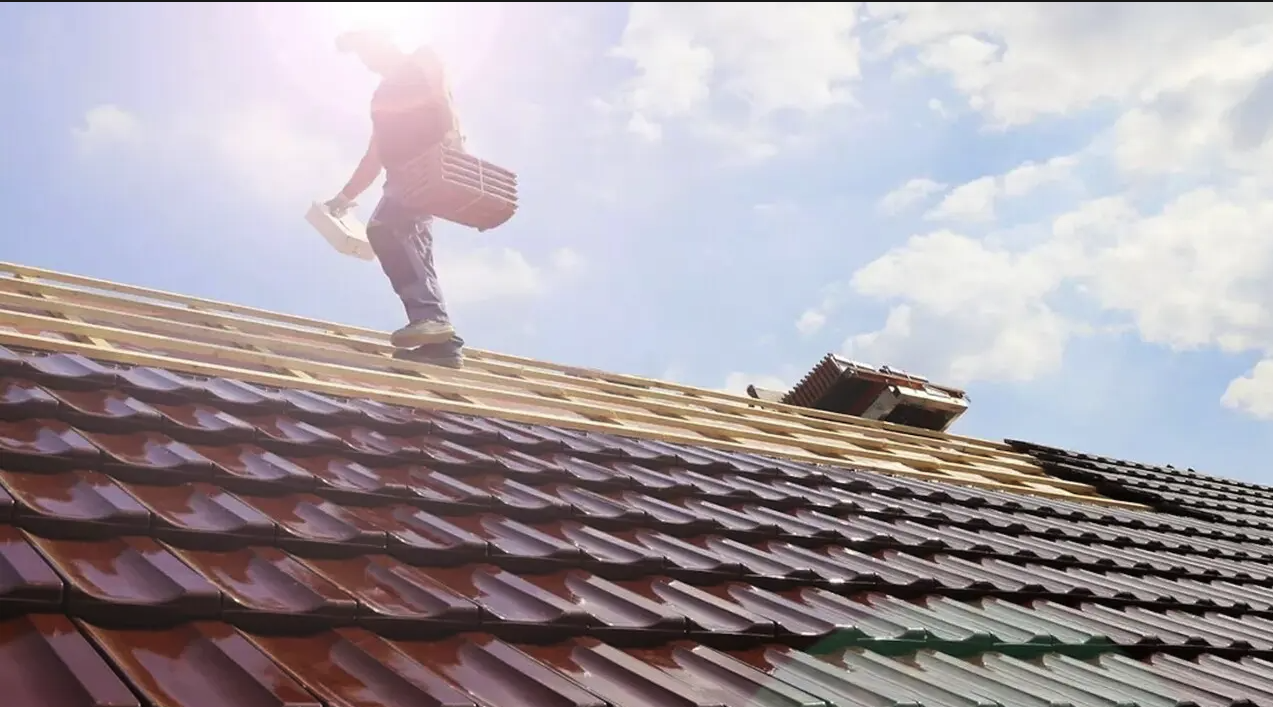
In Delaware, summers are hot, humid and sometimes include thunderstorms. You will learn how to read your roof for problems, choose new shingles and improve ventilation. Take easy precautions to guard your home and lessen the chances of pricey repairs when it is very hot.
During the summer, heat appears very fast. Minor damage to roof shingles may cause severe leaks or damage to the structure if it isn’t fixed.
Be sure to personally look for:
If you aren’t familiar with what to inspect, you can hire someone to assess the property.
Moving forward is possible without going through hardship alone. If possible, use binoculars or a drone camera to look at the area. Watch out for storms very carefully. It is possible for harm to appear later, even if it was not noticed at first.
Summer storms in Delaware can dump heavy rain. If your gutters are clogged, water will overflow, damaging your roof edge and possibly your foundation.
Clear out leaves, sticks, and other debris. Flush the gutters with a hose and make sure the downspouts direct water at least 3 feet away from your home.
A blocked gutter can also attract pests. Birds and bugs love soggy, still water. Keep things dry and flowing.
Heat builds up inside homes without proper airflow. This doesn’t just make your air conditioner work harder - it also damages the roof from underneath.
Make sure your attic has enough ventilation. Roof vents help pull out hot air. Proper insulation keeps cool air in and blocks humidity. According to Liberty Bell Investments' roofing blog, good insulation also prevents mold growth.
Too much heat trapped in the attic can cause shingles to age faster. That means higher repair bills sooner than you’d like.
Shade is nice, but trees can do more harm than good if they grow too close to your roof. Branches rubbing against shingles will wear them down over time. Leaves also fall into gutters and rot, which causes blockages. Worse, a heavy storm might snap a limb, causing serious damage.
Hire a tree expert if you’re unsure about cutting large limbs. This job can be risky without the right tools or training.
Roofs don’t last forever. But simple upkeep extends their life and saves you from costly surprises.
Here’s what to do every summer:
Set a reminder at the start of summer. Add a second one mid-season. That way, nothing gets missed. Keeping a seasonal checklist helps you stay ahead of problems.
DIY helps, but some things need expert eyes. If your roof is over 15 years old or shows signs of major wear, call a licensed roofer. Delaware’s climate brings both heat and moisture - both can shorten roof lifespan without warning.
For deeper inspections, repairs, or full replacement, use trusted professionals with local experience. And make sure they’re familiar with regional conditions and building codes.
You can find tips and more roof care guidance on Better Homes & Gardens and other homeowner support resources.
Summer heat can wear down even the strongest roofs. Preparing early means fewer headaches later. Inspect for damage, clean gutters, and make sure ventilation works. Trim nearby trees and stick to a simple maintenance plan. Your roof shields everything inside - take care of it, and it’ll take care of you.